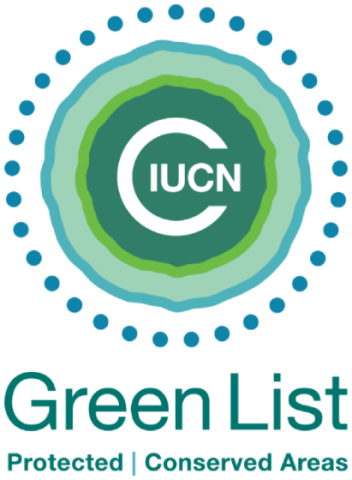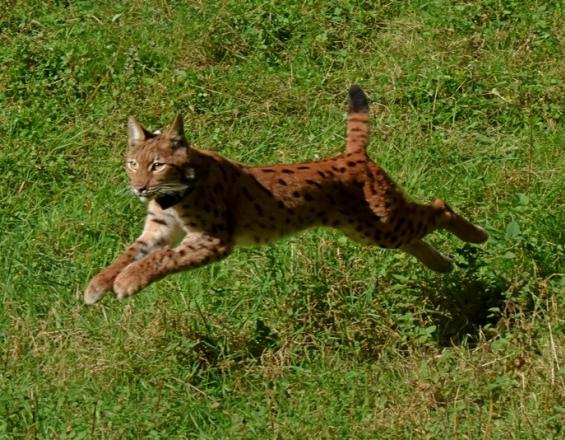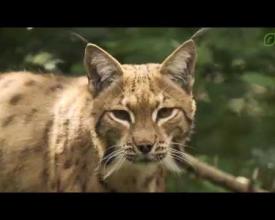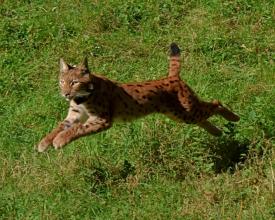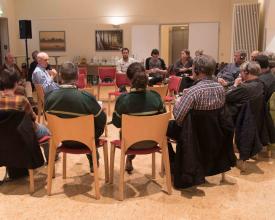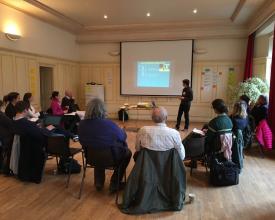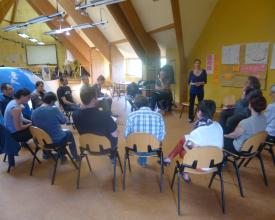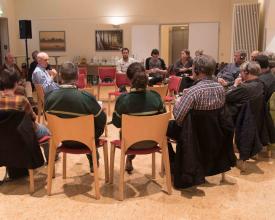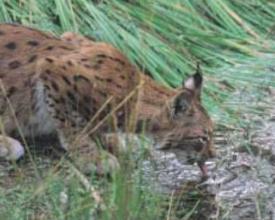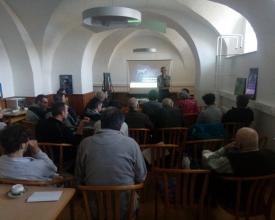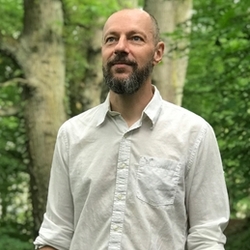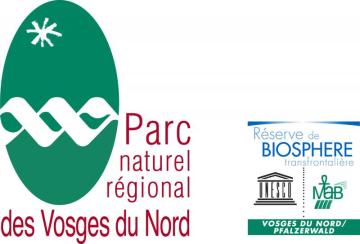
One of the objectives of the Northern Vosges Regional Natural Park's new charter is to ensure the continuous monitoring of characteristic species of some Northern Vosges habitats (rocks, forests, orchards, waterways, wetlands). The charter aims as well to work towards strengthening the lynx population and acceptance by the inhabitants, at a transboundary level.
The lynx parliament brings together all the stakeholders concerned by the lynx on the territory of the Park. In that way, each actor made proposals to improve lynx acceptance.
Context
Challenges addressed
The main challenge is the resolution of a conflict between various stakeholders.
Location
Process
Summary of the process
Mediation with hunters is one of the priorities set by the lynx parliament. Hunters are informed of the progress of reintroduction operations in the Palatinate in the same way as members of parliament. The Park reports to the Parliament on the progress of the mediation actions with the hunting sector. Representatives of the hunters are members of parliament, so the information circulates well. There is a close link between these two projects.
Building Blocks
Implementing a parliament to improve the lynx acceptance
Two professional mediators worked together with a group of 20 people with a participative approach and role plays, respect for each other's words and transparency of information. Four one-day meetings were required to come up with a white paper of proposals from each actor to improve lynx acceptance.
These proposals have been forwarded to the organizations / officials for possible negotiation, validation and implementation. The parliament meets annually and the Park is the coordinator and implements its commitments.
Enabling factors
The park is recognized for its role as a facilitator and the lynx is released at our German neighbors. Despite this the opinions are opposed according to the actors and the atmosphere of parliament is appeased because there is respect for the word of each and the establishment of a climate of trust.
Lesson learned
The level of commitment is variable according to the members of the parliament. The park plays a central role as coordinator and moderator of the parliament. Its level of commitment is important.
It maintains the cohesion of parliament and the interest of its members by sending regular information on lynx released in the Palatinate forest. Transparency of information on lynx helps to strengthen the privacy of members of parliament.
Working with hunters to avoid lynx poaching
Several information meetings were organized for the hunters, which made it possible to maintain a working group on the relations between hunting and lynx. A mediation project with Northern Vosges hunters to improve lynx acceptance is underway. The objectives of this mediation are to avoid any act of poaching, to improve hunters' acceptance of the lynx and to raise awareness about the overall management of the forest.
Enabling factors
A sociological study of hunters' representations of lynx. The study was conducted with a wide range of people. This study has shown that even though a majority of hunters have fears about the lynx for deer, new hunters are willing to accept it to hunt the image of the hunt.
Lesson learned
This work with the hunters has shown that it is necessary to work at two levels: individual mediation with the maximum of local hunters and a mediation with the representatives of associations to see how the lynx is an opportunity or a risk.
Impacts
The stakeholders meet at least once a year to monitor the implementation of each party's commitments. These annual or extraordinary meetings aim at initiating the dialog by providing a space for exchanging and communicating information, in a respectful manner, between hunters representatives, scientists and park managers, on lynx releases in particular, but also on the LIFE programme updates. Sometimes, scientists are also invited to present their work on lynx or other topics. Each session is also an opportunity to assess progress on each member's commitments, and to invite various medias to enquire about the lynx for wider communication. It all contributes to establishing transparency regarding information sharing, which is another important objective of the Parliament.
Each member of this governance structure present proposals, to be first validated by the other members. The approved ones are then submitted to the Prefect, the regional representative of the French State, by the Park authorities.
Beneficiaries
Hunter, farmer, forester, forest user, elected local, environmental NGO

